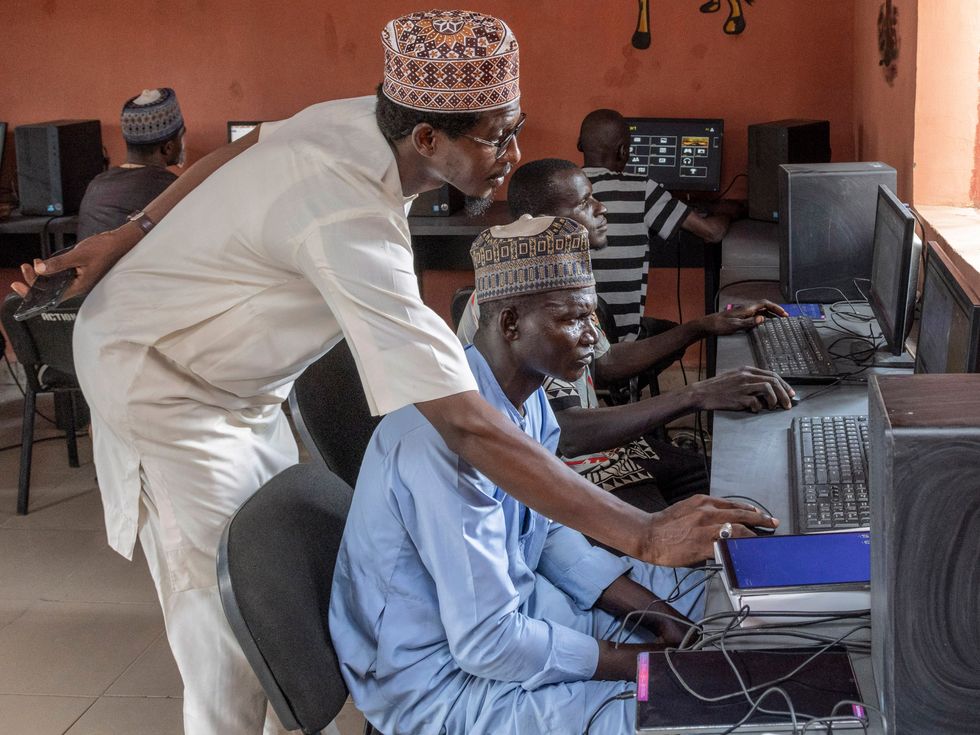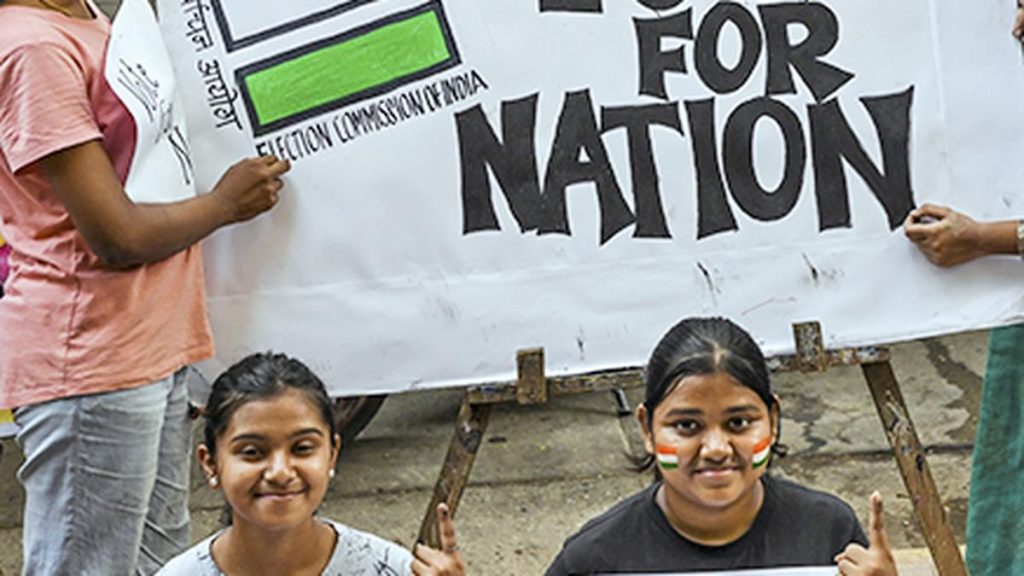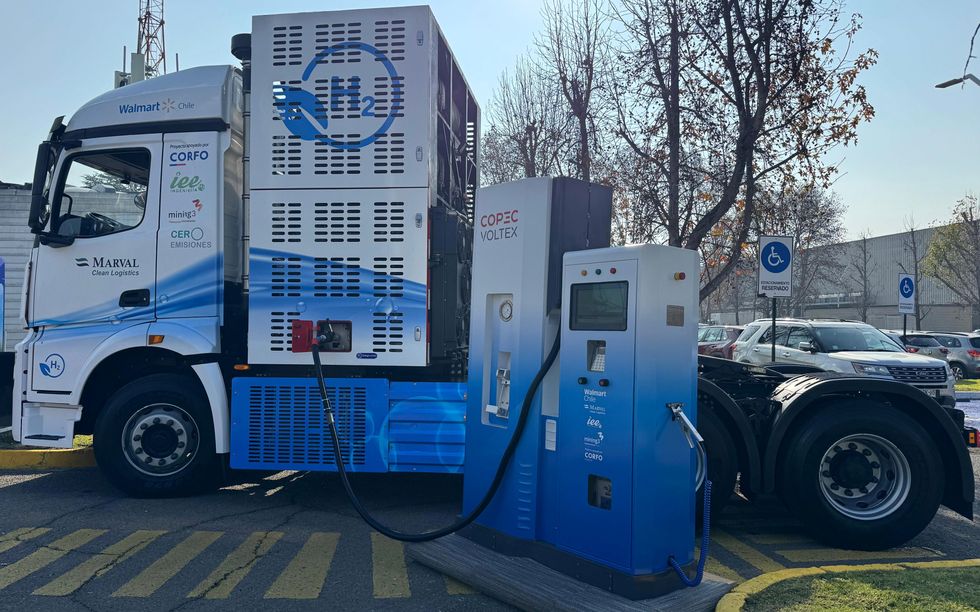Now Reading: Why Does Broadband Access Lag in Nigeria?
-
01
Why Does Broadband Access Lag in Nigeria?
Why Does Broadband Access Lag in Nigeria?

speedy Summary
- Broadband Access Challenges: Despite nigeria’s coastal access to eight undersea broadband cables with a capacity of 380 terabits,less than half of its population (237 million) has consistent broadband. Most rural areas, like Atan and Tungan Ashere, remain underserved.
- Urban vs Rural Divide: Urban areas benefit from fiber-optic connections, while rural regions heavily depend on slower and unstable mobile broadband. Fixed-line internet penetration is only 0.001%, with affordability and reliability as key barriers.
- Role of Power Infrastructure: Nigeria’s erratic electricity grid increases telecom costs for operators and users. This hampers the expansion of reliable fixed connectivity to marginalized regions.
- Economic Impact: Broadband contributes significantly to fintech growth (e.g., mobile payments) and consumer sectors like Nollywood streaming platforms but mainly benefits urban elites compared to rural populations.
- Challenges in Implementation: Issues include theft or damage of fiber-optic infrastructure by local gangs, sluggish rollout by ISPs due to profitability concerns outside metro cities, aging equipment needing upgrades, and bureaucratic inefficiencies.
- Innovative Solutions Emerging:
– NGOs like CITAD use solar energy hubs for limited connectivity in remote communities such as Tungan Ashere.
– Entrepreneurs like MainOne founder Funke Opeke show success through private cable operations that integrate last-mile solutions.
Indian Opinion Analysis
Nigeria’s digital divide offers critical lessons that resonate globally-especially for countries working toward equitable broadband access amidst regional disparities. Like India’s rural connectivity initiatives through BharatNet or reliance on hybrid models combining satellite technology with cellular networks (such as Starlink’s expansion), the Nigerian case reflects similar infrastructure challenges.
Reliance on renewable energy-powered hubs showcases potential scalable solutions for difficult terrains in both nations were grid electricity remains unreliable. Additionally, fostering trust in financial-tech advancements (mobile banking/payment apps) underlines how equitable digital tools can lift underserved communities into economic networks.
For India too-where overhauling state-electricity bottlenecks ties directly into telecom scalability-Nigeria underscores how strategic investments can unlock broader socio-economic ripple effects provided governance gaps are minimized effectively.
























